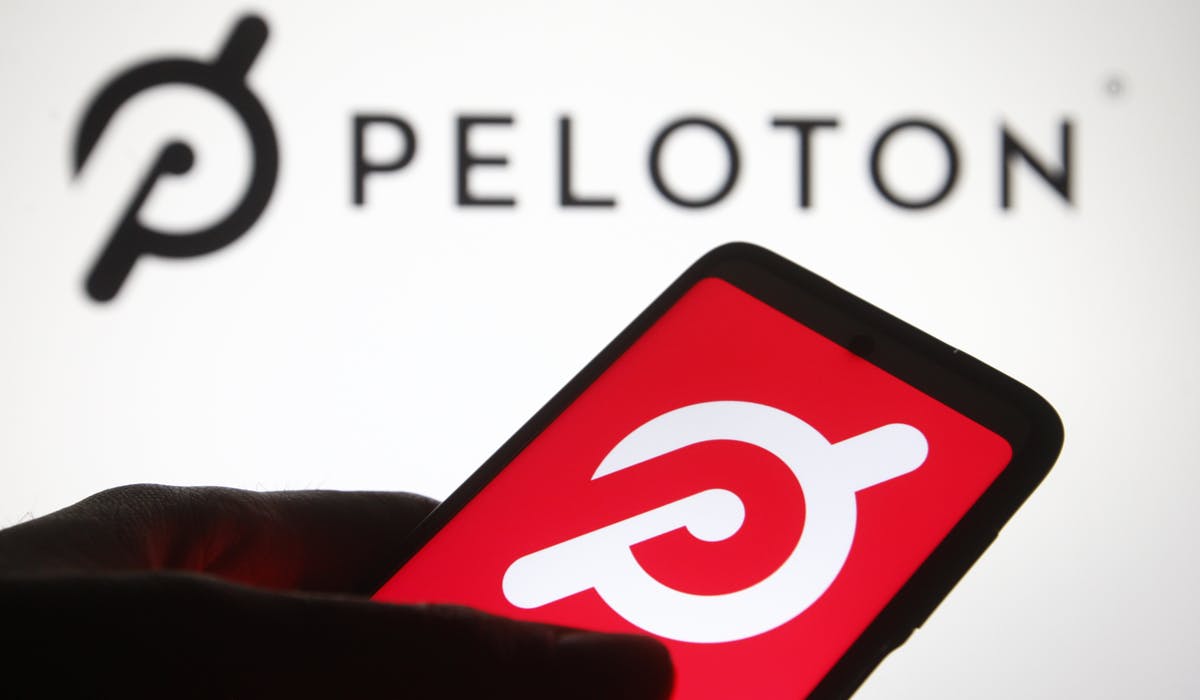Peloton, the renowned connected fitness company celebrated for its tech-infused stationary bikes and treadmills, finds itself navigating yet another leadership transition.
The company announced on Thursday that CEO Barry McCarthy would be stepping down from his roles as CEO, president, and board director. Karen Boone and Chris Bruzzo, both Peloton board members, will serve as interim co-CEOs. Additionally, Peloton revealed plans to reduce its workforce by 15%, affecting approximately 400 employees, as part of its efforts to streamline costs.
This marks the fifth instance of Peloton downsizing its staff since its peak in 2021. As the company endeavors to regain its footing in the fitness industry and rekindle consumer interest, uncertainties loom regarding its future trajectory.
McCarthy emphasized the necessity of these headcount reductions, attributing them to the imperative of aligning spending with revenue and prioritizing efforts to refinance debt.
Peloton experienced a surge in demand during the COVID-19 pandemic, benefiting from stay-at-home measures that propelled its valuation to $50 billion at its zenith. However, challenges arose as restrictions eased and traditional fitness establishments reopened in 2021, catching the company off guard.
Eric Koester, a professor at Georgetown University’s McDonough School of Business, suggested that Peloton is still in the process of defining its post-pandemic identity. He outlined two potential paths for the incoming CEO: either focusing on developing new in-home fitness products to rival traditional gyms or capitalizing on its existing customer base and brand loyalty.
Interim co-CEO Bruzzo attributed declining sales to the ongoing adjustment to post-pandemic life by consumers.
Some analysts argue that while the pandemic initially fueled demand for Peloton’s products, the company may have misinterpreted this surge as indicative of sustained growth. This rapid influx of interest, they argue, actually posed challenges for the company, pulling forward a lifetime’s worth of demand within a short period.
Laurent Vasilescu, managing editor and senior equity analyst at BNB Paribas, criticized Peloton’s failure to reposition itself effectively post-pandemic under McCarthy’s leadership. He suggested that McCarthy’s ambitious approach may have contributed to the company’s current predicament.
Ultimately, Peloton faces the daunting task of reshaping its business model and regaining momentum amidst shifting consumer preferences and competitive pressures.















































